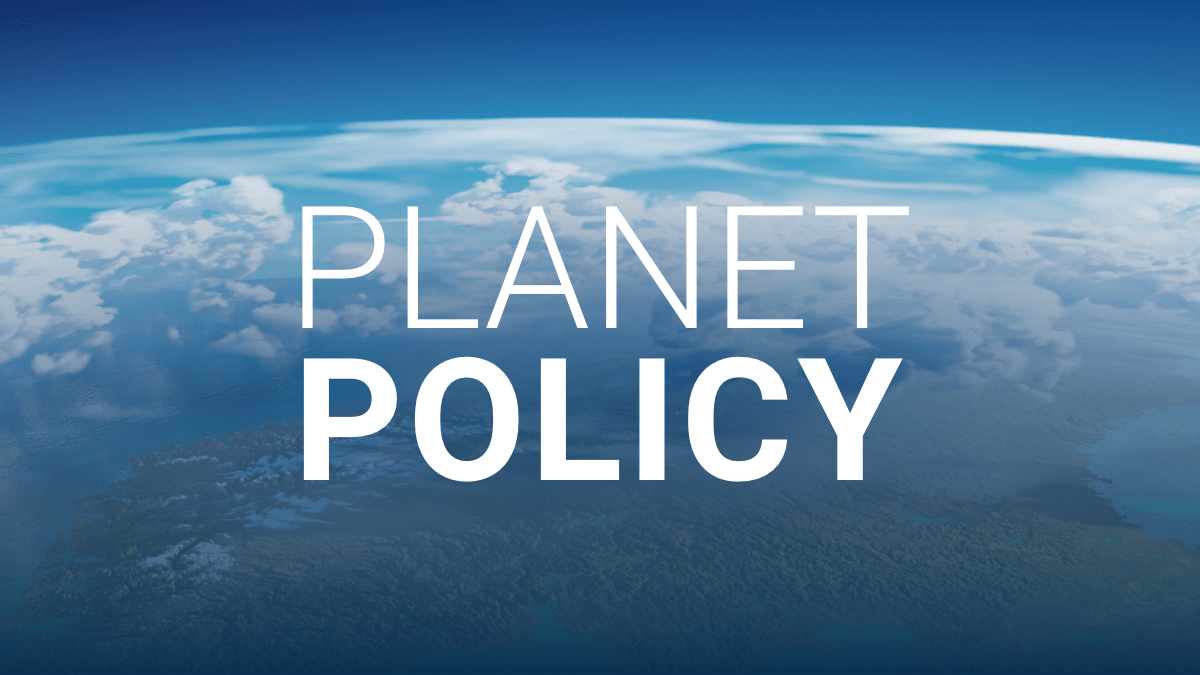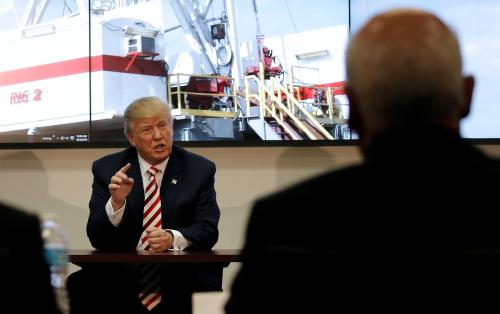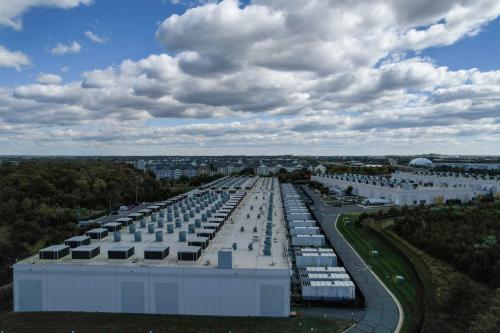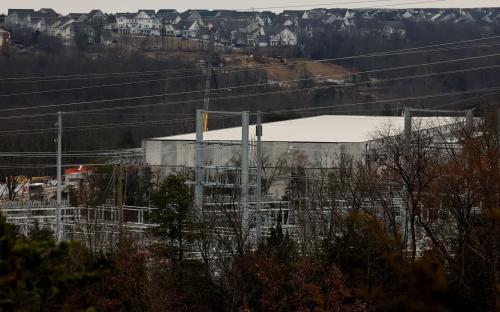In the last few days, the Trump administration’s oil and gas deregulation push entered a frantic new phase. On the last business day of 2017, the Department of the Interior rescinded a 2015 rule regulating hydraulic fracturing (or fracking) on public lands, and reworked regulations on safety for offshore drilling. Another dramatic announcement occurred on January 4, when the administration proposed opening up nearly all U.S. offshore waters to drilling.
President Trump has been clear about two goals of his administration: a push for what he calls “energy dominance” and a clear distaste for regulation of all kinds, particularly of the energy industry. But these two goals can be contradictory—the ongoing regulatory rollback may not ultimately benefit the energy industry. Deregulation could even do more harm than good, creating an uncertain long-term policy environment and undermining public trust.
Changing Policy Creates Business Risks
As I’ve written earlier, the energy industry invests primarily in capital-intensive, long-lived assets—oil fields or power plants with lives measured in decades. A stable policy environment is important to these investments. Regulations and policy that are created in one administration can be rolled back in another, and the instability creates a challenge for managing and valuing such assets. Energy companies crave regulatory certainty.
Energy companies crave regulatory certainty.
Many companies, particularly large international corporations, are unlikely to substantially change their practices in response to the regulatory rollback, as they have global operating procedures to prevent safety and environmental incidents that could harm their assets or reputation. But when an incident occurs, the entire industry bears the reputation of its weakest actor. A regulatory floor to govern behavior is thus good for everyone.
Reputation and Trust Are the Most Important Assets of All
In the United States and around the world, energy production depends on support from local communities, what the industry calls “social license to operate.” Especially in a democracy, public opposition can make life very difficult for energy producers. Public support for energy resource development depends on trust—in the companies doing the development and in the regulatory structure that governs their activities.
When the Trump administration dismantles energy regulation, it runs the risk of undermining the trust that underpins domestic energy development. U.S. oil and gas production has grown dramatically in recent years, but we have also seen a public backlash.
For example, hydraulic fracturing, and the oil and gas development that depends on it, faces deep grass-roots opposition in many parts of the country. Concerns about contamination of drinking water and other water resources are the most pressing concerns. Three states have banned the practice entirely, including New York and Maryland, which border the Marcellus Shale gas resource (the third is Vermont, which has no known oil or gas resources). The hydraulic fracturing regulations the Trump administration withdrew were focused on well construction, wastewater management, and chemical use disclosure—the issues of greatest concern to the public.
Likewise, the Deepwater Horizon disaster in 2010 was a crucial moment for the oil and gas industry in the United States. A cascade of failures resulted in the largest oil spill in U.S. history. A bipartisan presidential commission studied the incident, and the new regulations issued in response were an important step toward restoring trust in the U.S. offshore oil industry. But the Trump administration is altering these regulations, for example by eliminating independent inspections of safety and pollution equipment that the bipartisan commission recommended.
I don’t mean to imply that oil and gas production in the United States is suddenly unregulated. State, local, and tribal regulations still apply to hydraulic fracturing on public lands. Safety and environmental regulations on offshore drilling have not been eliminated, just softened. And the proposal to open nearly all U.S. offshore waters to drilling is an opening salvo in a battle likely to go on for some time. Many governors, even Republicans, are vehemently opposed to drilling in waters off their states.
But the hard push toward deregulation is likely to have consequences for public trust, not just in companies, but in government itself. If the public feels that the government is being run by and for the energy industry, accomplishing many important societal goals—like modernizing infrastructure and preventing the worst impacts of climate change—become much more difficult.
The hard push toward deregulation is likely to have consequences for public trust.
Even in areas where oil and gas are central to the economy, the public favors protective regulation. Oklahoma provides an example. Seismic activity, caused by underground disposal of oil and gas wastewater, increased exponentially during the drilling boom there. The state government has responded with much greater regulation of underground waste disposal, including shutting down disposal wells in problematic areas, greatly increasing monitoring requirements, and establishing a public process for approving some disposal wells. Despite the increased regulation, the industry is thriving in Oklahoma, which was the sixth largest oil-producing and third largest gas-producing state in the United States in 2016.
Oil and gas production involves a delicate balance between sufficient regulation to protect health, safety, and the environment and ensure public trust, without unnecessarily strangling development. Smart people across the political spectrum are likely to disagree on the particulars of a “Goldilocks” regulatory scheme. But I fear that this administration is moving too far and too fast in the direction of deregulation, potentially harming the industry it is trying so hard to protect and promote.
The Brookings Institution is committed to quality, independence, and impact.
We are supported by a diverse array of funders. In line with our values and policies, each Brookings publication represents the sole views of its author(s).








Commentary
The danger in deregulation
January 9, 2018